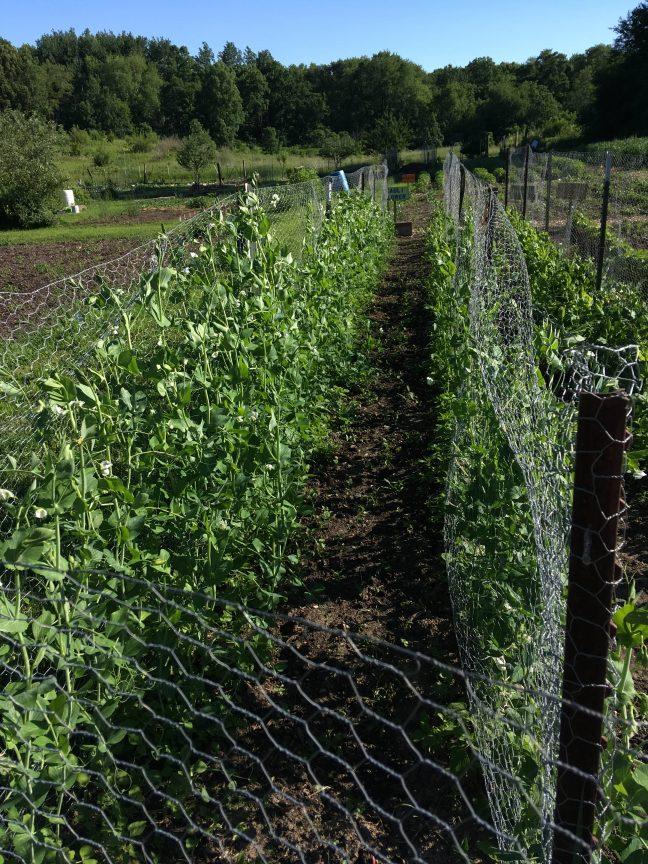There is a huge shortage of housing across the country. According to NPR, the United States is around 3.8 million homes short of the current housing needs. Caused primarily by the pandemic and a shortage of workers in the construction industry, the shortage of homes has driven up the cost of housing so much that many people barely make enough money to cover their rent. Wisconsin is no exception. Madison, Milwaukee and even rural counties have seen skyrocketing home prices over the past few years.
But this housing shortage is affecting one of Wisconsin’s most vital industries: agriculture. Affordable housing for farmers is particularly lacking — the only option typically available for farmers is a small piece of land alongside farmland, which tends to be low quality and takes away from their wages.
Put simply, farmers have few options for affordable housing, especially in rural areas where most agricultural activities take place. Very few government-sponsored housing projects provide adequate accommodations for this group of people and their budget. This means that farmers are moving out of rural areas in Wisconsin, searching instead for work in areas with affordable leases.
It is particularly necessary that farmers have access to affordable housing because they make up the backbone of the Wisconsin economy. According to Wisconsin Public Radio, farm owners are unable to hire workers with fair wages if they do not have employees to help expand their farm to begin with. But workers are unable to afford rent in rural areas if their wages are not increased. Thus land owners and farmers are stuck in a never-ending loop of inadequate resources, all surrounding the price of housing.
This is one of the reasons Cinnaire, a nonprofit organization, is building a 32-unit affordable apartment complex specifically for farm employees in Lafayette County. The agricultural industry provides about half of the jobs for Layette County residents, but the issue of affordable housing still poses an issue for many farm owners. So Cinnaire stepped in. Cinnaire’s goal is to keep farm employees within Lafayette County by providing them with two or three-bedroom apartments for less than $1,000 a month.
If this apartment complex proves successful by drawing in employees to work on Lafayette County farms throughout the year, there is a strong incentive for other rural counties across Wisconsin and the Midwest to begin similar projects.
Multiple counties across the state, especially those in Northeastern Wisconsin, struggle to find affordable housing options for the agricultural industry. The expansion of projects like Cinnaire’s could be life-changing for these residents and provide a business boom within those counties.
A project of this caliber could also be successful around Madison and the greater Dane County area, particularly for students graduating from agricultural programs in UW or MATC who will likely have issues finding housing that they can pay for with an entry-level position’s salary.
UW offers a program similar to Cinnaire’s under a 16-week farming certificate program for Farming and Industry. The program includes housing in a dorm room shared with a roommate and daily meals.
The program offers housing during the off-season and costs around $6,000 for the 16 weeks, providing farmers a place to stay and improve their skills while not working, according to the program website. Programs such as these could easily expand to other colleges in the UW system, such as Whitewater or River Falls. This could also prove extremely beneficial for freshly graduated agricultural majors who will certainly have difficulty finding stable housing and a full-time job post-graduation.
Ultimately, although the housing shortage creates intense challenges for farm employees and farm owners alike, affordable housing programs like those created by UW and Cinnaire are unique solutions that have the potential to expand across Wisconsin and the country.
Emily Otten (elotten@wisc.edu) is a junior majoring in journalism.


